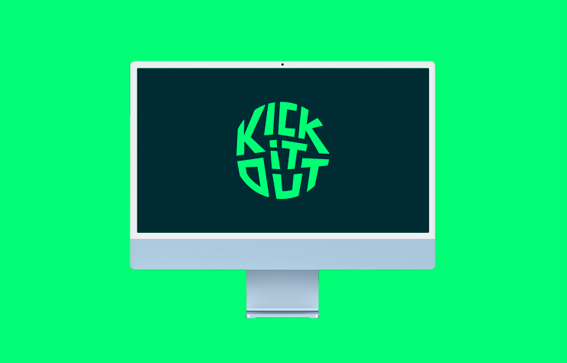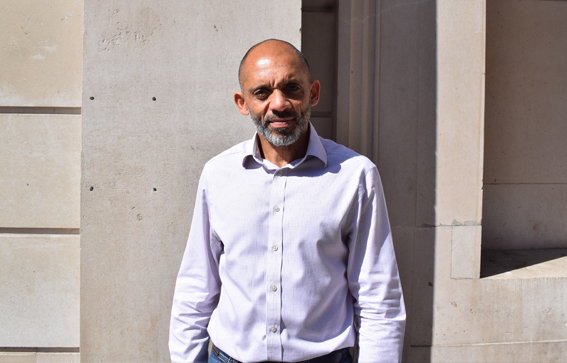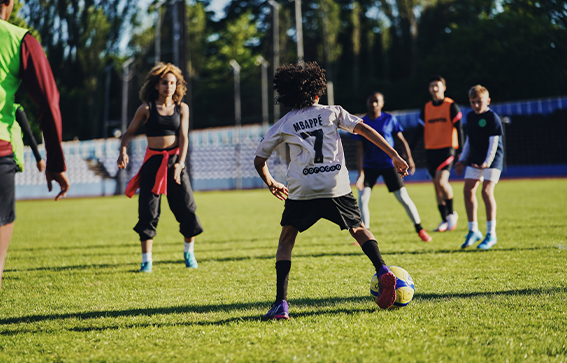She has also successfully led three fundraising campaigns to secure funds to travel to tournaments, including getting the England Deaf Women’s Football Squad to the 2023 World Cup in Malaysia.
As Great Britain Deaf Women’s Football prepares for the Deaflympics qualifiers this year, we spoke to Stancliffe about how clubs can be more inclusive to deaf players and why more funding for deaf players is desperately needed.
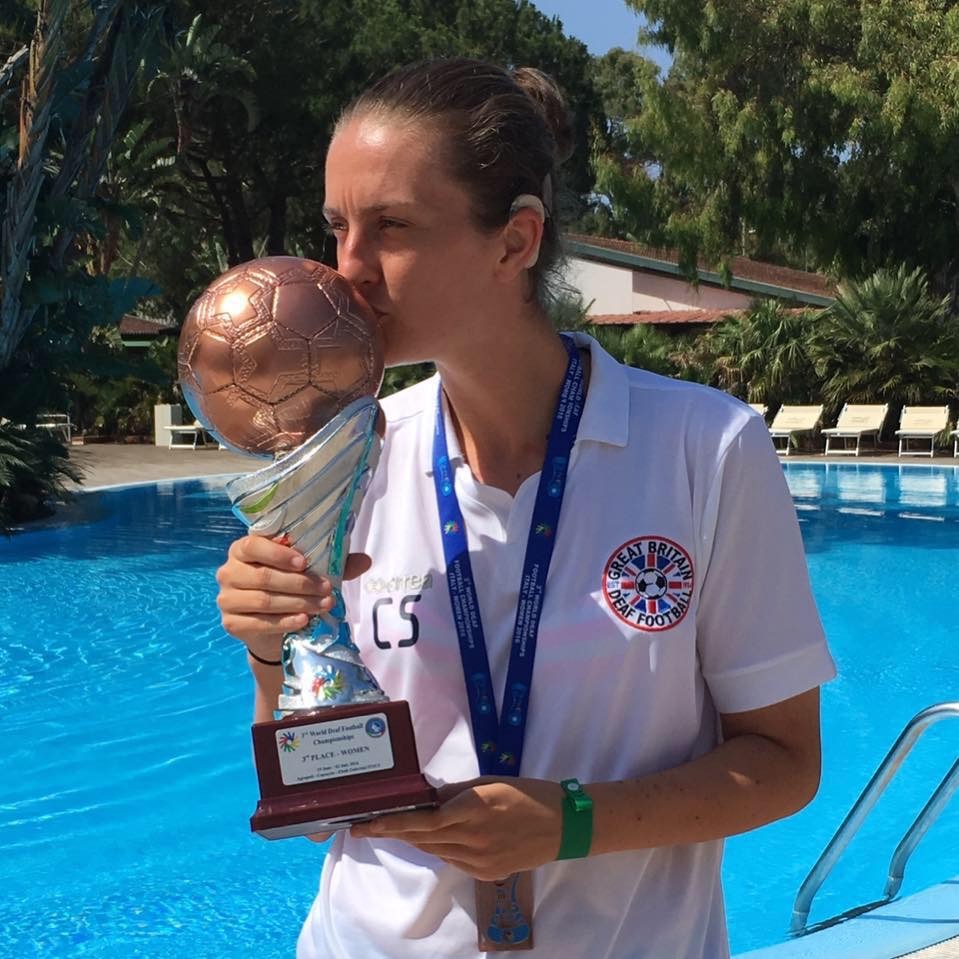
Up until the age of 18, I didn’t know a single deaf person. I thought I was the only deaf person in the world. That was until I met a friend of a similar age, who invited me to play in a deaf 5-a-side football tournament.
After playing, the England head coach approached me for my details. Since then, I have been invited to every England and GB football training camp and selected for eight international tournaments.
Finding deaf football was life-changing for me.
Deaf football allowed me to explore my deaf identity and the deaf community. It has given me a different outlook on life and the confidence to achieve so much. I have also met my best friends through deaf football.
There have been many highlights throughout my career, including scoring four goals on my England debut as a 19-year-old, winning Sky Sports Sportswoman of the Month beating the likes of Serena Williams, and leading the team to a bronze medal at the World Cup.
I hope the next generation will experience a fully accessible football environment, a level playing field, and have access to the funding they need.
Funding has to be available.
Deaf athletes have consistently been discriminated against by our own government.
Their policies do not include deaf athletes, nor do they recognise the Deaflympics. As a result, we are not given any funding, which means we constantly need to fundraise. It’s tiring, exhausting, and embarrassing having to practically beg people to help us play for our country.
In the latest Olympic cycle, the Government have given our Olympians and Paralympians c£612 million. We are asking for just £3 million to fund our current cycle and send GB to the Deaflympics 2025 in Japan. At present, we have a petition to ask the Government to change their policies, which can be signed here.
My hope for the future is that the government change its policies and stop the discrimination of deaf athletes so we can put the relevant pathways in place to support deaf footballers.
My playing career may nearly be over, and I am grateful for all the achievements including four bronze medals, but this could be so much more if we had the right support.
There are 1 in 5 people in the UK with a hearing loss. Yet realistically the elite level of sport for deaf athletes is missing the support it desperately needs.
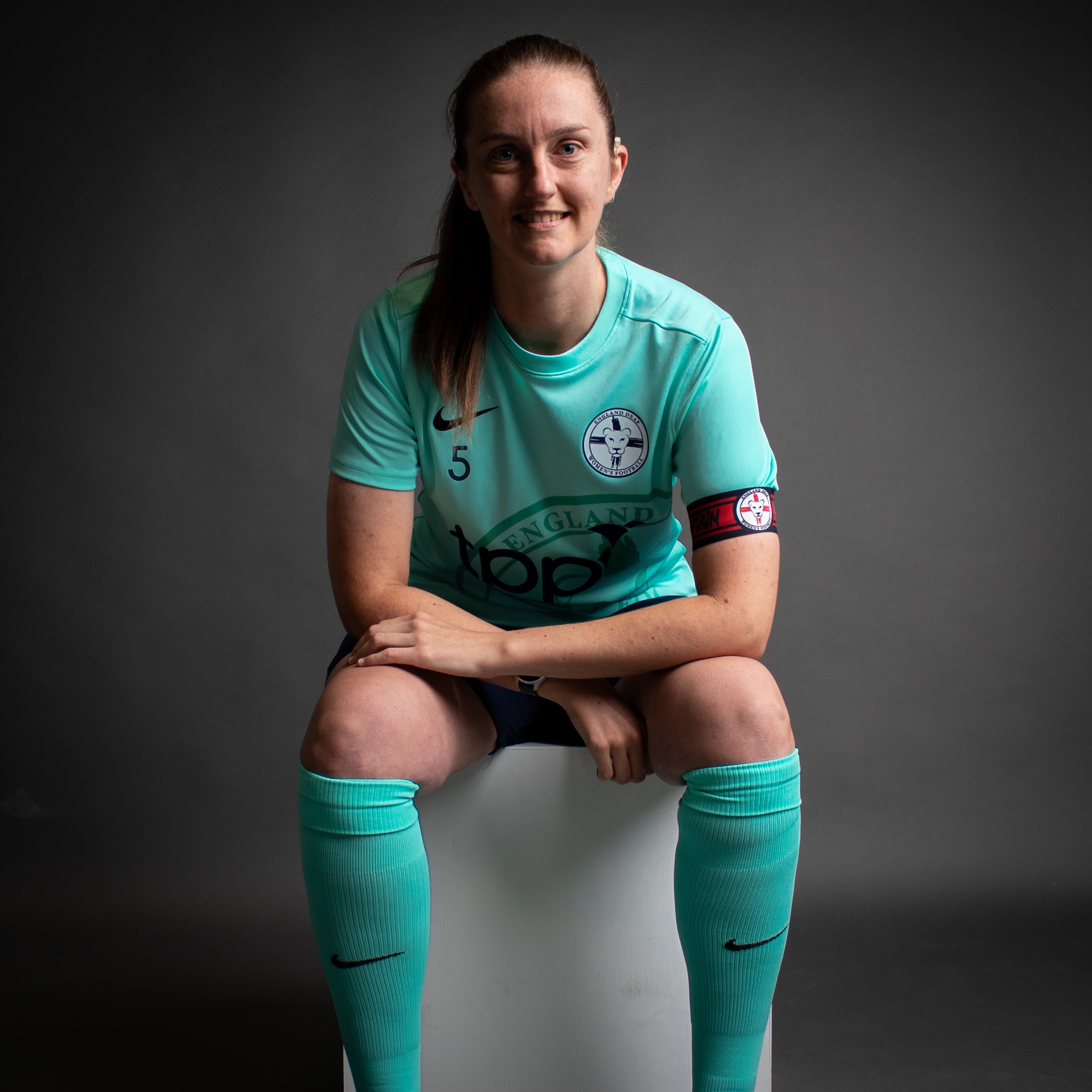
I could be here all day talking about how football clubs can make their team and environment more accessible for deaf players.
For coaches, positioning is crucial. Can deaf players see you?
Using whiteboards and physical demonstrations, especially after explaining a drill, are important, as it can be impossible to lipread while performing a drill. Instead, explain, demonstrate, question the players to ensure they have understood, and maybe demonstrate again.
Visual aids can also be used in training instead of verbal. For example, this could be holding up a specific colour cone for a prompt.
It’s also worth considering that floodlights can make faces blurry and lipreading difficult.
Other ways to make the clubs more accessible could include asking all staff to attend a deaf awareness course, learning basic British Sign Language (BSL), and ensuring that important information given verbally is also provided in another format, either written or BSL.
I’ve experienced discrimination in a football environment plenty of times.
I remember playing a while back, the ball went out of play. It was our throw-in but an opposition player went down injured, so the referee halted the game.
Once sorted play was resumed and I took the throw in. For some reason, an opposition player started kicking off saying it should have been thrown back to them. But actually, it was normal play that the ball went out, so it was my right to throw to my own teammates.
She was consistently kicking up a fuss and eventually, the referee intervened, along with our captain.
I didn’t have a clue what was being said and our captain had informed the referee and player I was deaf so shouting at me was pointless.
It was then comments were made about me being deaf. The one thing that stuck in my mind was, ‘she can’t be that deaf as she can talk’.
Something the referee agreed with. I was completely thrown by this, and by the 2nd half I ended up faking an injury to come off the pitch.
The 25th Deaflympics will take place in Tokyo, Japan from 15 to 26 November 2025


